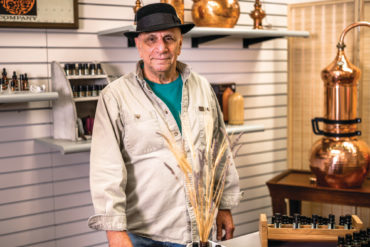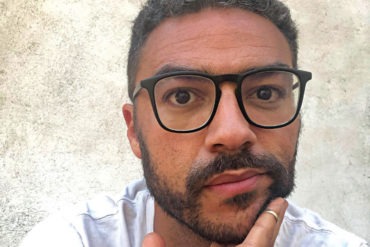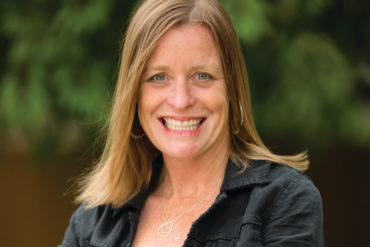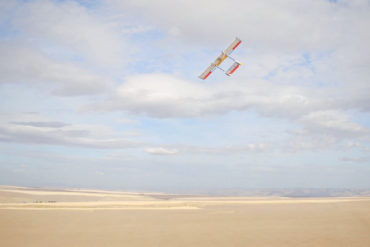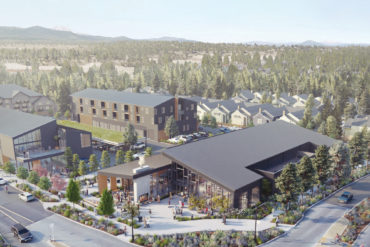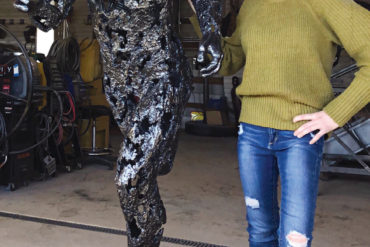Aromatic Quest
The scent of balsam fir propelled a forestry student to build a company based on essential oils written by Seamus Casey photography by Dan Hawk Robert Seidel was studying forestry in New York in the 1970s when he encountered the aroma of balsam fir. This set off a “quest” for the extraction of aromatic compounds from natural products and, later, designing his own distillation equipment. He learned everything he could find on the topic and then, at Powell’s Books, found a six-volume set of books, The Essential Oils by Ernest Guenther. “I devoured all six volumes and still use that set of books today.” “I started my business in 1977 with the goal of supplying true essential oils to the consumer, the herbalists, soap makers and candle makers,” Seidel said. The Essential Oil Company, based in Portland, imports the majority of its essential oils from around the world—rose from Bulgaria…


